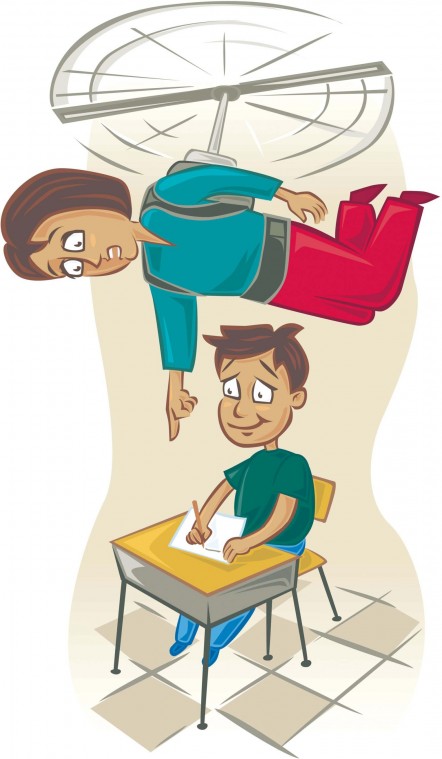When safety is suffocating
March 17, 2010
The American Academy of Pediatrics wants potentially hazardous food like hot dogs to come with warning labels. Of course, anyone with a child wants them to be safe, but I think society has gone too far. Actually, dare I say it, completely insane?It isn’t enough to just label specific items with the obvious reality that your child could choke on virtually all solid foods; they also want to reshape hot dogs. Yes, the American Academy of Pediatrics wants actual hot dog reform, but isn’t this a bit much? Hot dogs, and their necessary minuscule dicing prior to eating, are one of the first solid foods pediatricians discuss with parents, so is this really necessary? This hotdog outrage seems to be more alarmism than an actual threat to the public. According to a review of the pediatric academy’s study by the Statistical Assessment Service, one to five children die annually in the United States from choking on hot dogs. Losing a child is terrible and painful for a parent, but there are far greater childhood dangers than dying from hot dogs: the National Center for Health Statistics lists car crashes as the leading cause of child deaths in the U.S.Many of those more than 600 deaths are preventable simply by using car seats, but auto manufacturers are not required to tell parents this when they shop for a new family car.Parents should raise their children to be adults, not handicap their natural instincts to be careful and alert about their daily activities by reshaping things for them. If your kid is past the toddler stage and they choke on an uncut hot dog, they’re not chewing carefully, which is not the food company’s fault. Professor Ann Moylan, director of the Center for Family Studies, said the public needs to look at the cost and benefit of putting a warning on hot dogs. “We need to remember that there are some parents who are much more diligent than others,” Moylan said. “How much responsibility will we put on the individual parent?” I will argue 100 percent of the responsibility should go on the parents. It’s rather presumptuous to assume others will help raise your child; even if you have extended friends and family helping, things happen. All I’m saying is don’t count your chickens before they hatch and learn to rely on yourself first and foremost. I feel doing things like reshaping hot dogs, rubber-padding playgrounds, and putting GPS tracking devices on kids are possible symptoms of parents overprotecting them much more than before. The term “nanny state” seems to be taking on a more literal new meaning.Moylan was struck by the large spectrum of parenting in her neighborhood when her two teenagers were younger. She doesn’t necessarily feel that parents are overprotective now, but rather they raise kids according to the realities of the world we live in now.”We do parent in a very different way than most of us were parented,” Moylan said. “That was a different time and a different place.” Moylan said overprotective parents are often aware of their smothering behavior but are afraid to let go. “They might be thinking yes, “I know my child could benefit from more freedom, but I, on the other hand, would not be able to forgive myself if something happened’,” Moylan said.
We need to ensure our children are smart enough to survive on their own eventually and can face the risks of daily life. Rubber-padding playgrounds and reshaping hot dogs is not going to reshape that reality. Leading by example seems like a better idea than trying to sugarcoat everything kids come into contact with. Kids are smart enough to internalize what we teach, so let’s give them the benefit of the doubt to figure life out on their own little by little and not coddle them.
Julia Baum can be reached at [email protected]























































































































